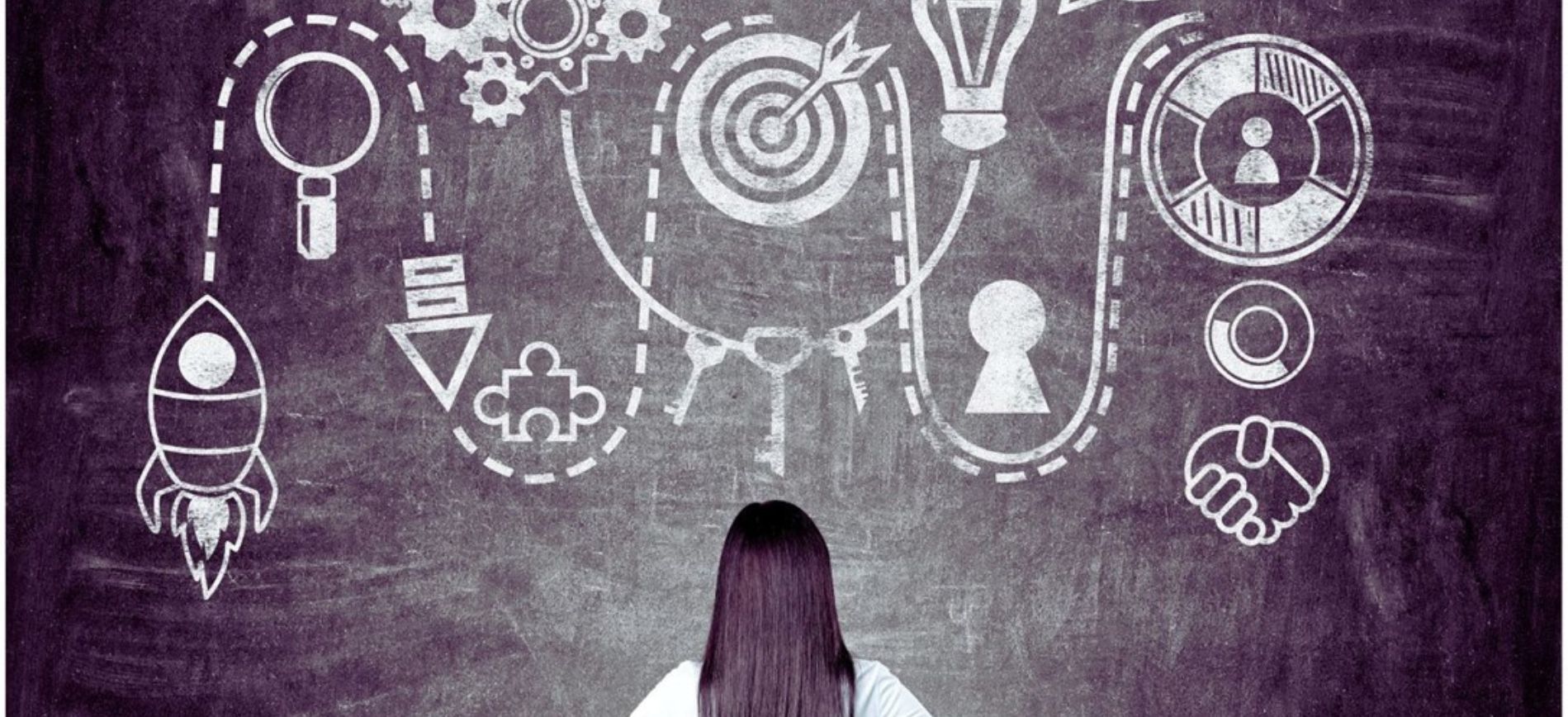Amanda Winstead is a writer from the Portland area with a background in communications and a passion for telling stories. Along with writing she enjoys traveling, reading, working out, and going to concerts. If you want to follow her writing journey, or even just say hi, you can find her on Twitter.
Prioritizing Mental Health Services in Diversity, Equity, and Inclusion Initiatives
Photo by Marcel Strauß on Unsplash
Diversity, equity, and inclusion (DEI) programs are an integral part of business policies around the world. Once considered a sign of a progressive, people-first firm, today’s workplace DEI initiatives are as vital as cash flow forecasts and supply chain management.
However, good DEI programs are more than tokenized efforts to appease employees. A robust, regularly updated DEI initiative can support staff mental health and help businesses build happier workplaces.
Businesses that assemble a DEI task force should make mental health services a core component of their DEI program, too.
Members of traditionally marginalized and underrepresented groups with mental health conditions may find that prejudice, stereotype, or systemic inequality exacerbates their symptoms. These employees need to feel supported at work and will benefit greatly from mental health in DEI.
Benefits of Supporting Mental Health
DEI programs can be expensive for small and medium-sized enterprises (SMEs). However, SMEs that promote DEI will benefit from increased productivity and reduced staff absenteeism. This sentiment is echoed by the World Health Organization (WHO).
Research by the WHO estimates that mental health-related conditions cost businesses up to $1 trillion annually in lost productivity and hefty healthcare bills. Conversely, the WHO reports that investment in treatments for common conditions like depression and anxiety yields a fourfold return as staff who feel respected and supported are far more productive.
A longitudinal study from the Journal of Occupational and Environmental Medicine also supports long-term investments in mental health. Businesses that invest in the mental health of their staff experience lower absenteeism and presenteeism, as well as an uptick in productivity and job performance.
SMEs that take their commitment to DEI and mental health seriously will also attract more talented employees. Being known as a people-centric employer is vital in today’s competitive recruitment environment. Companies that champion DEI and mental health will attract talented, loyal staff who will support the long-term growth and prosperity of the business.
DEI Initiatives to Support Well-being
Mental health affects us all differently. However, people-first businesses need to adopt an intersectional, culturally sensitive approach to mental health and well-being. This method can help businesses address systematic issues and stigmas that impact underrepresented or marginalized communities without inadvertently stereotyping individual workers.
Progressive employers can start breaking down barriers by normalizing discussions about mental health. Folks from all backgrounds may have a hard time talking about their mental well-being due to self-stigma and social pressure. Managers and business leaders can lead the charge by changing the way they talk about mental health. Start small with changes like:
- Use people-first language (e.g., “a person who has schizophrenia” rather than “a schizophrenic”).
- Improve education and attend mental health summits.
- Keep resources close at hand for quick, easy referrals.
- Model inclusive behavior and be open about personal challenges.
These simple changes don’t cost a dime and can help raise mental health awareness in the workplace. Over time, company culture will shift, and more people will seek help to overcome the mental health challenges they face.
However, small gestures need to be followed up with action. Traditionally marginalized groups face significant barriers to equitable mental health care and are less likely to access support. For example, recent research published in Counseling Today found that folks who are Black, Indigenous, and People of Color (BIPOC) have reduced access to mental health services and are less likely to receive the care they need.
Addressing the barriers faced by BIPOC people will take time and social change. However, DEI programs can play a role in supporting employees who have disparate access to care. DEI funding can be put towards initiatives like:
- Paid time off to visit mental health professionals.
- Free access to transport.
- Childcare funds for parents who need support.
- Increased access to representative mental health professionals.
Businesses can’t solve the mental healthcare gap. However, DEI programs can do their part to improve the lives of employees and build more productive, people-first workplaces.
Cultural Change
Mental health is stigmatized in most workplaces. However, with time and effort, attitudes can change. DEI leaders who want to change their workplaces for the better should invest in interdepartmental efforts to promote mental health and DEI through collaboration and open communication.
Every DEI program should have a budget for culture-building events and team-oriented activities. Simple team-building activities like community volunteer days, group yoga, and hiking can boost employees’ mental health and help forge connections between staff.
Over time, these events will build trust within the business and ensure that everyone is on the same page when it comes to mental well-being. DEI leaders who want to make the most of team-building activities can do so by surveying staff and suggesting events and activities that align with their employee’s interests and hobbies.
Conclusion
Mental health and DEI programs are integrally tied. A robust DEI program should help break down mental healthcare barriers and spark cultural change within the business. This can help employees overcome self-stigma and create a more open, trusting work environment. Ultimately, this will reduce staff absenteeism, increase productivity, and attract talented prospective employees in the future.
About Amanda

Disclaimer: Content on this blog is authored by multiple sources. While we do make every attempt to proofread and fact-check, unless authored our staff, the views expressed do not necessarily reflect those of The Society for Diversity and the Institute for Diversity Certification.






